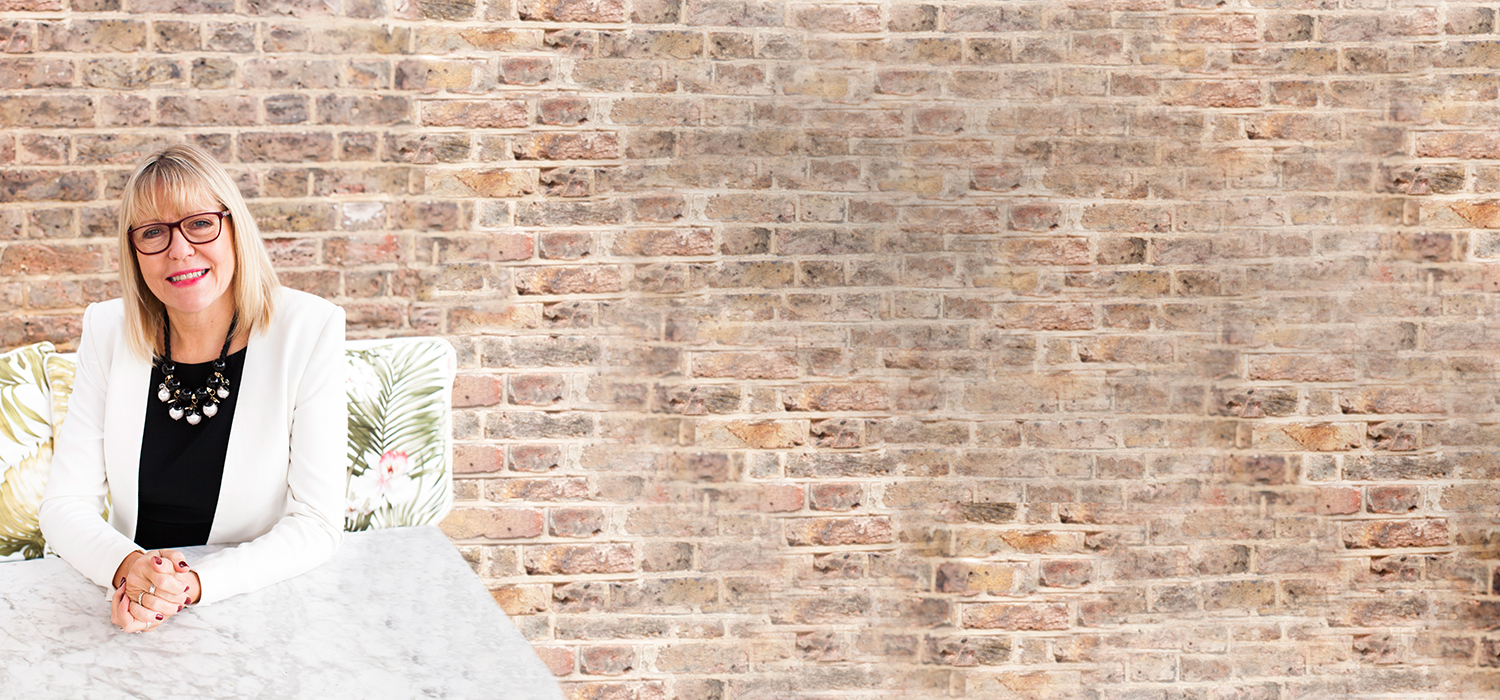Fuelled for Growth
November 29, 2015We all know that for a car to run well we have to put in the right fuel. Happily I have not (yet) put the wrong kind of petrol in my car but I know others have and I know that it doesn’t just have an impact on performance but it can actually cause serious damage to the working of the engine.
So too with our bodies we know that to maintain a healthy body there are certain foods that are good for us and certain foods which aren’t quite so good. In many ways it is about balance, making sure that we have a diet that has enough of all the important food groups to keep us healthy while still enjoying a few ‘treats’ but making sure that the there’s not so many that it will damage our health.
WE understand how important food is to us for our physical health and how that ‘fuel’ can aid performance, athletes and their trainers work very hard making sure that they get the right kind of fuel to ensure that they are peak performance for events or competitions.
We also know that children whose bodies are growing at a very fast rate need a diet that is rich in protein and gives them what they need to maintain physical growth. IN addition to food they also need opportunities to practice, developing skills, they need space to run around in, they need opportunities to practise those emerging physical skills like climbing jumping, riding a bike swimming so it is not just food but the environment that is important as well.
With developing minds and emotions it is exactly the same, though sometimes we may pay less attention to those aspects than to the physical body. With minds that are growing and developing there needs also to be the opportunity for exercise, in the form of situations that challenge, we will all have heard the quotes that learning happens when we are at the edge of our comfort zone, and if we are not making mistakes then we are probably not learning. But to learn we also need the environment to be structured in a way that helps us to feel secure.
We wouldn’t expect a child to get on a bike and just ride. We structure the experience for them, by first riding a tricycle then a bicycle with stabilisers. When they are confident with that we remove the stabilisers but hold on to them running along beside them and giving lots of encouragement, and importantly being there to step in and pick them up if they do fall off.
The same is true of other aspects of learning, children need to feel secure, so start with something they know how to do and then introduce one new aspect, demonstrating how to do it or encouraging them to figure out some parts but providing some ‘clues’ along the way. Allow them to make mistakes but be there to clarify – the point is that you want them to be successful, that way they will see the learning as positive experience and one they will want to repeat.
Sadly lots of children, teenagers and adults have struggled with literacy in fact it is estimated that over 2 million adults in Britain are illiterate, often that is because they have not been taught in systematic way that has given them the tools they need to feel secure in their learning, introducing them to both the concepts and skills that they need to be effective readers. That is why systematic synthetic phonics programmes like Sounds-Write are now the recommended way of teaching reading and they are effective both as a primary reading strategy and as a ‘recovery’ strategy where for whatever reason learning to read has not been effective the first time around. You can find our more about Sounds-Write here http://www.sounds-write.co.uk/
As parents and as teachers we want to equip children to grow up and be well functioning happy adults and our schools are structured towards giving them the skills they need in order to do this though they may not always be effective in achieving this goal. In addition to physical skills, academic skills like reading, writing and Maths they also need to be able to function effectively emotionally. So they need opportunities to learn how to manage relationships, which is why children need ample time to play with peers and have lots of social experiences to develop different aspects of emotional well- being. Learning to make friends, cope with disappointment or being hurt, learn how to express anger appropriately, learn to show empathy and how to ‘read’ or interpret a myriad of social situations and respond appropriately – all important aspects of coping in life as an adult.
As parents most of us want to make sure our children get the right ‘food’ to enable them to grow but that means making sure they are given a whole host of learning opportunities in addition to school. Like a physical diet this should be mixed and include plenty of time for relaxation but also time for challenge – and be varied. In practical terms it means making sure that they can enjoy time watching television or playing on a play station or computer but also time reading, drawing, cooking and being creative as well as going out to parks, socialising with other children and adults and experiencing things like live music, sporting events or theatre, it doesn’t need to be expensive – a small local theatre company can be a very ‘rich’ experience but cost a fraction of the price of a ticket to a West end theatre production.


